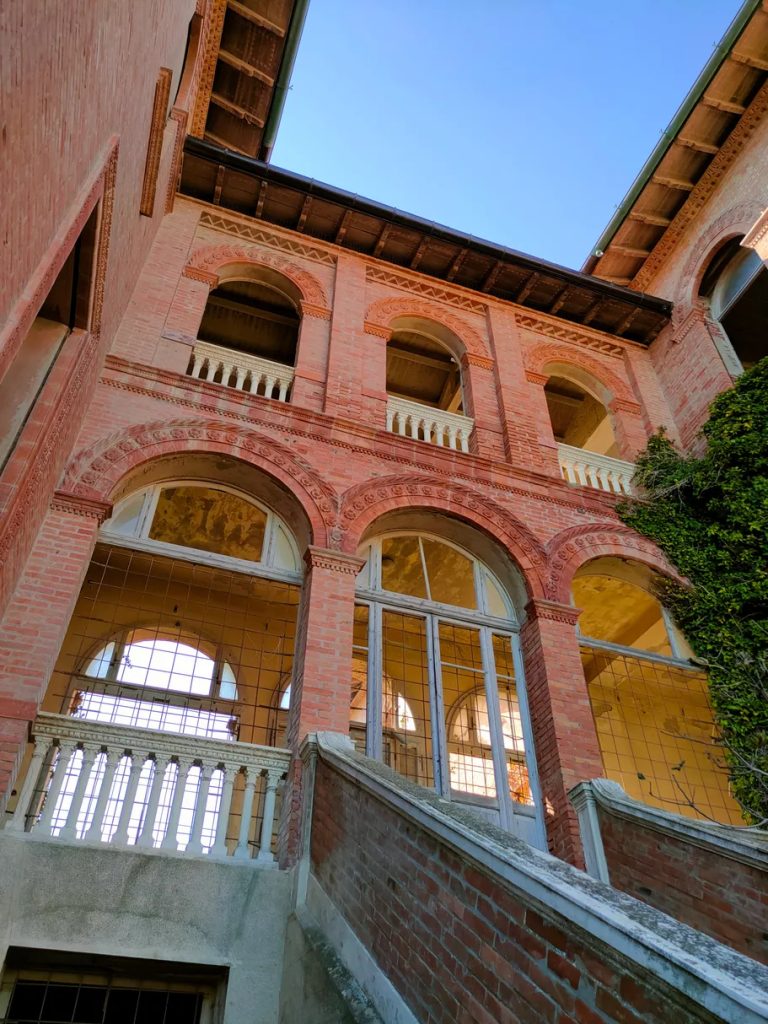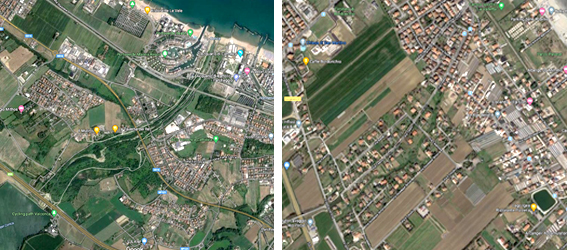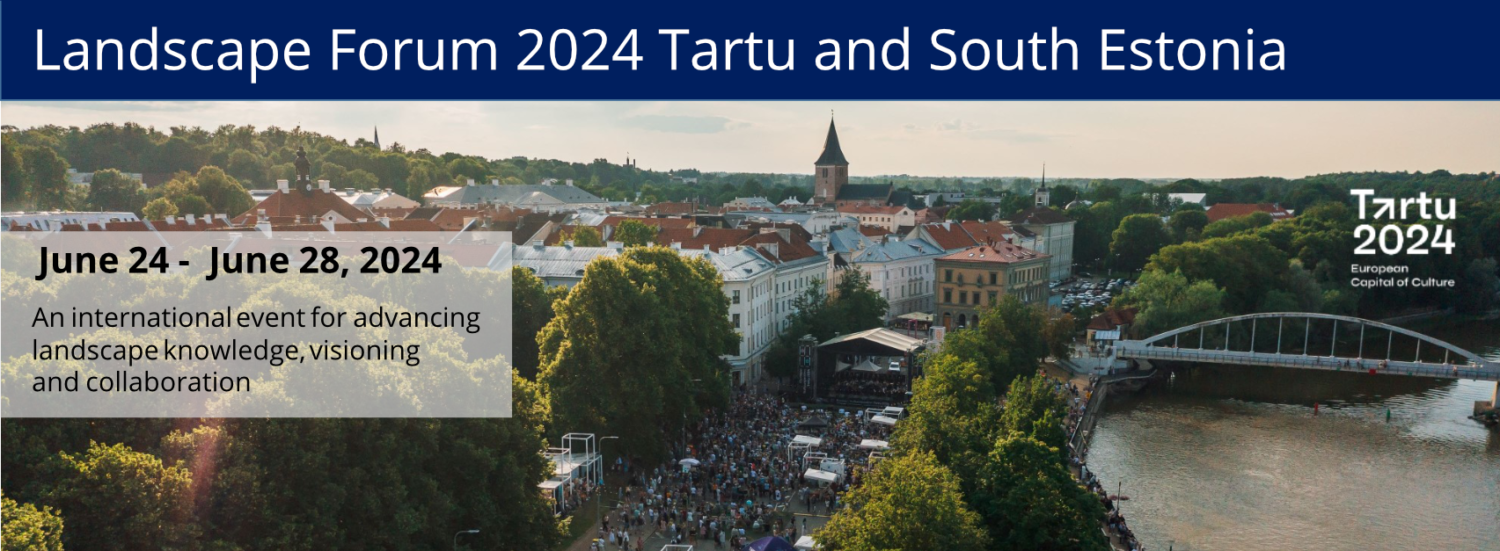Working Group 3: Sustainable Tourism
with Prof. Julia Nerantzia Tzortzi, Quying Wang, Emilia Badau
“Tourism destinations can be seen as a complex territorial system, where an interrelated set of private and public organisations engage in the production of one or more tourism products, defined as a bundle of traded and non-traded services and goods.
Adaptive (or evolutionary) resilience is the most appropriate notion to investigate how a tourist destination responds to a negative shock and shows long-term capacity to reconfigure its socio-economic structure. Particularly important for our case study (Rimini and the mucilage crisis) this points at the role of institutional change, product and organisational change, history, and determinants the destination’s resilience.” Source: Mariotti, Alessia & Lorenzo Zirulia, 2021.

In the 90’ies, after the dramatic decline in tourism the authorities took the following measures:
- Support of private investments (trade fair, convention bureau, theme parks);
- Starting a promotion policy and foundation of a regional DMO looking for scale economies;
- Support for sustainable tourism in mass tourism destinations;
- Focusing on new markets (e.g. Russia).
The private sector responded by the development of theme parks, more swimming pools, hotels that are equipped for year-round stays, higher quality of hotels (from 1-2 stars to 3-4 stars), and the use of ecolabelling, environmentally friendly (certified by Legambiente), ecotourism and organic gastronomy.
The COVID-19 pandemic has a dramatic impact on the tourism sector in the region. There is a need for strengthening the resilience of the sector. One of the aspects is how to balance the demands of tourism and recreation against the needs for local identity expression, preservation of cultural heritage, well-being, and quality of life.
Main questions
The workshop is focused on two areas of the coast: Bellavista and Portoverdere. Based on the analysis which has to be done on different levels and sources the participants should work towards visions, principles and recommendations developed for local and regional recreation and tourism but also creating new approaches for inclusive concepts. Therefore, the following questions are addressed:
- What are the components / elements of local and regional recreation / tourism in the coastal area?
- What are the deficits /weaknesses of local and regional tourism and recreation?
- What are the factors to be addressed for a successful inclusive development of local and regional recreation/tourism and to make the tourism complex more resilient?
- Which strategic and spatial models can be suggested for the successful development of an inclusive local and regional recreation / tourism complex in this landscape?

Planned results
- A concept for the development of sustainable tourism and leisure and their contribution to landscape quality.
- A vision and strategy of how sustainable tourism can be strengthened and contribute to the economic and social sustainable development.
- A set of objectives that can be used for guidance of spatial development.
Tangible outputs during the Forum
- Contribution to the Forum Outcome Statement
- A PowerPoint presentation for the final meeting
- 4 pages of text for the Forum publication on the results of this thematic group.
References
Camilli, Marco. (2020). Camilli M. (2020). The impact of COVID-19 on Italian tourism. Current scenario, opportunity, and future tourism organisational strategies. 10.13140/RG.2.2.17541.58087.
Mariotti, Alessia & Lorenzo Zirulia, Presentation Getting out of the quagmire, public and private strategies in Rimini after the 1989 mucilage crisis.
